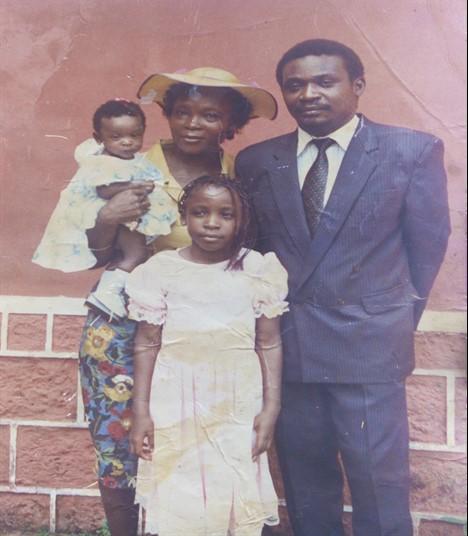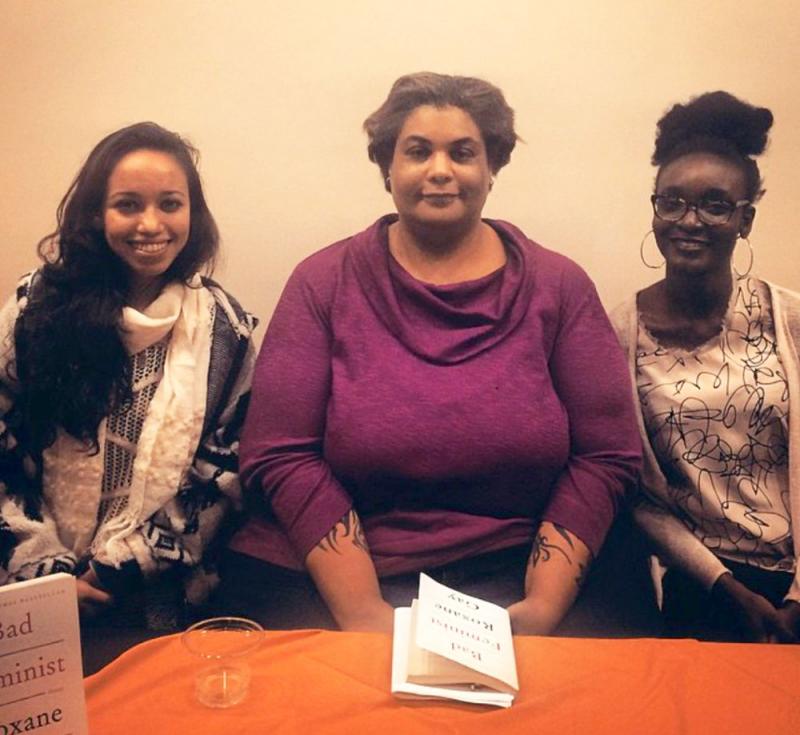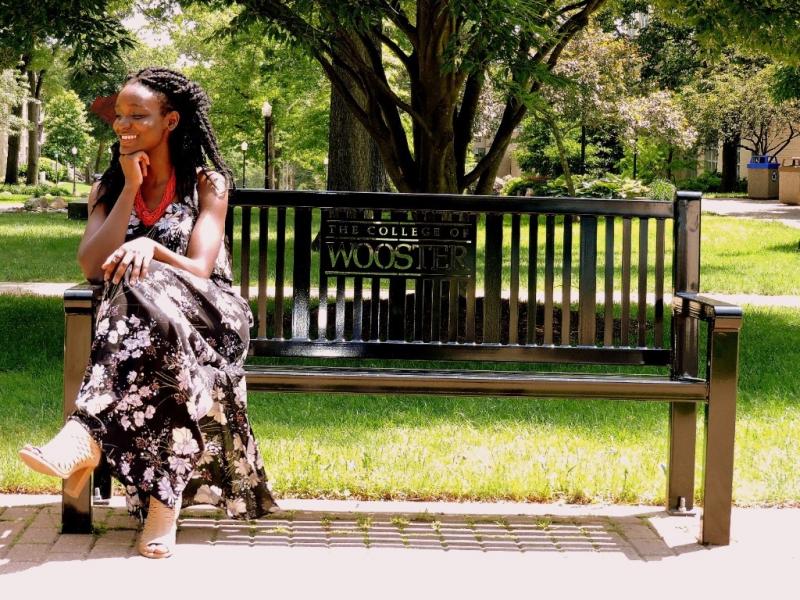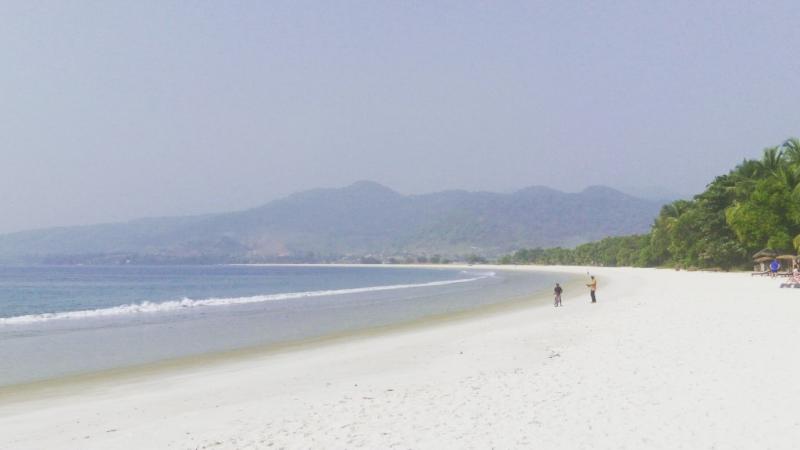Exploring freedom through education, action, unity and solidarity
Sentimos Diverso was born on 12 March 2006, in Bogotá, Colombia. Since 2010, the collective has established itself in Quito, Ecuador, where it currently carries out its activities. The group defines itself as a “feminist collective that mobilizes to create and to develop projects and actions aimed at empowering women, young people and people with diverse sexual orientations and gender identities, to demand their human, sexual and reproductive rights.”
In the face of discrimination: action, unity and solidarity
Sentimos Diverso was created after witnessing how two boys were targeted one night in Chapinero, a locality in Bogotá. “We saw how two boys, very young boys, were chased after by a band of bone-heads (a derivative of the skinheads, with neo-nazi sympathies), when they were trying to get into Teatrón, a very trendy gay bar. We never found out what happened to them, but we understood the importance of opening a place for homo-socialization. Something different from the rumba, a place that could become a safe space, where we could trust, where we could be who we are. We believe art and literature as a way to allow young people to express their personal searches and interests, a way to find themselves and to meet other people.”
When they formed the collective, their objective was that the society in which they lived, the youth movement, the lesbian, gay, bisexual, transgender and intersex (LGBTI) people in the city, could “understand what it meant to be a diverse young person, we wanted to be understood as subjects of rights, we wanted to transform the idea of politics, to focus it on daily life and to make those experiences visible”.
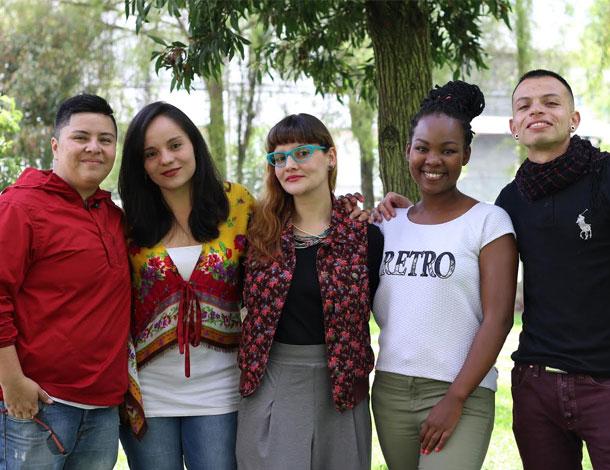
Then, six friends – Catalina, Nikita, Viviana, Marleny, Eduardo and Gabrielle – put themselves to work. The first activity they organized was the “Literary canelazo” (canelazo is an alcoholic drink with cinnamon), because “it just combined our interest for performance and literature; developing workshops on themes such as the body, the city and diversity”. They brought together a number of young people who didn't define themselves solely as LGBTI or for whom it was dangerous to do so.
“We played with the names – heteroconfused, lesboflexible, bicurious, transindecisive and many others, to make people understand that we were not so different”.
By 2010, the six had taken many different paths in life, and only one person remained from the original group, migrating to Ecuador and taking the organization with them.
The new place, the new and different context, posed new challenges which led to widening the scope of work, now including issues of sexual and reproductive rights. They focus on women, teenagers and young people “with whom we also work on empowerment, awareness raising about their context, their rights and how to demand them. This work is done through the methodologies of popular education, non-formal education, the arts (theater, photography, video, painting) and communication”.
Strategies for transformative work
Sentimos Diverso develops its activities and its commitment to social transformation through four lines of work.
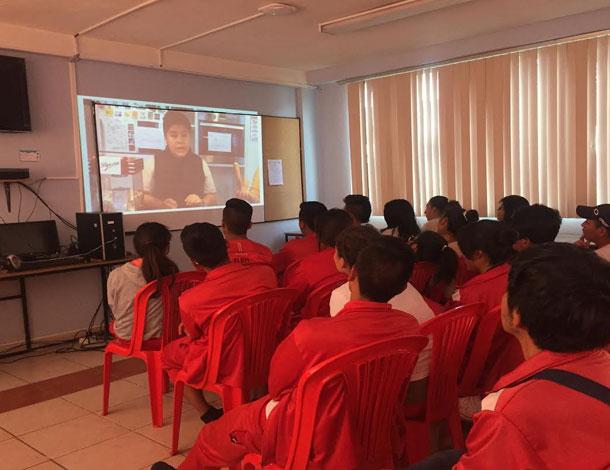
Firstly, a pedagogic line, in which the collective uses playful, experiential and artistic strategies such as painting, theater of the oppressed, photography, creative writing and video. These strategies have helped develop methodologies for their work on disseminating and addressing themes of sexual and gender diversity, sexual and reproductive rights. They offer workshops to many different populations such as teenagers, young people, LGBTIQ people, women, refugees, migrants, victims of violence, teenage mothers and teachers.
They have also produced publications in this line of work, such us “From tale to tale I tell myself diverse”, which arose from the work they did with young people in Bogotá; “12 things about me” is the result of almost four years of activities with teenagers in Quito; and “Cirila and Silbato are friends”, are materials used as a strategy to prevent sexual violence in risk zones affected by natural disasters.
Secondly, they have a research line, developed to gain a deeper analysis of the realities faced by the populations with which they work.
“We are currently in the process of writing the conclusions of research titled 'Eyes that don't see: teenage motherhood, violence and life strategies’, in which we explore the activities of teenage mothers- how their work is exploited, their jobs in domestic work and care work, whether they attend school, their family and couple relationships and the new vulnerabilities they face”.
Within this area they also work on “creating the feminist hacker space in Ecuador, aimed at the security of activists and the development of self-care strategies in cyberspace. We are currently in the process of knowledge sharing and developing tools for disseminating this information.”
Another line of work is communication, an area of high interest, and in which they are very active, regularly updating the collective's web page, where they publish think pieces and interviews about what's going on in Ecuador, and in the region, related to sexual and reproductive rights, women's rights and LGTBIQ rights. “Now in 2017 we are developing journalistic work, analyzing these issues from a regional point of view, as a follow up to the Millennium Development Goals, especially the one linked to gender equality. We have already published our first article, "No nos pidan que volvamos al silencio" [in Spanish].”
The fourth key line of the collective’s work is about inter-institutional relationships, focused on establishing networks with public agencies, social organizations and activists. “We believe joint work can make a difference, and that's why we have been able to establish a network with other organizations from the region. For instance, we have been actively involved in the Campaign for an Inter-American Convention on Sexual and Reproductive Rights. We have also developed works such as Al Borde (On the edge) Audiovisual School-Ecuador, led by Mujeres al Borde (Women on the Edge) from Colombia. We are also advocating in local spaces such as the Feminist Meeting of Ecuador, to be held during 2017.”
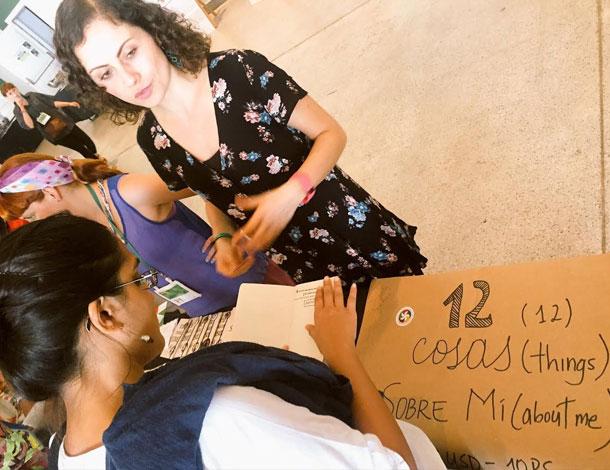
Inspiring us to reflect
The work done by Sentimos Diverso invites us to think once again about how to dismantle heteropatriarchy. Its most creative mark seems to be related to education.
They very proudly talk about one of their most recent publications, “12 Things About Me”, a notebook compiling some of the work they carry out with teenagers and youngsters, in schools and children's shelters in the city of Quito.
“The notebook is based on creativity and tries to move people to reflect, and though it has been thought of for teenagers and young people, people of all ages can get involved in the activities it proposes. We took the training books for creative writing as a starting point and then we added our own artistic and pedagogical perspective. In this way, we got 12 generative questions to think about identity, memory, gender, self-esteem, empowerment, sexual orientation and the life project. This teaching tool came out of our workshops with teenagers. We planned to edit some educational handbooks, but after a creative process we had inside Sentimos Diverso, we reached this idea, which has been very well received and launched during the 13th AWID Forum in 2016. Currently, we are using it as a tool for our work with high school students in Quito.”
“We are aware that often times it is mobilizing and getting resources that determines how long an organization or a collective can persist.”
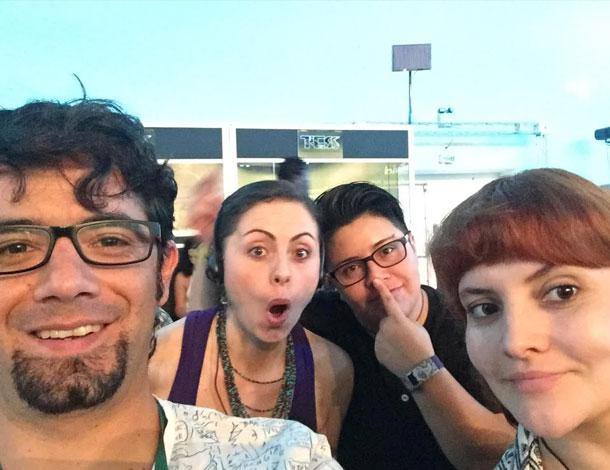
In the beginning the members of the collective funded the organization themselves. Since 2007 they have been supported by Astraea Lesbian Foundation for Justice, who “have believed in our work, in the activities we carry out, and they have been a key part of our growth as activists and as a social organization, because they have supported us, not only by providing funding, but also through trainings and meetings which have been crucial for Sentimos Diverso to remain active”.
Since 2014, the support given by Mama Cash has had a great influence on the growth and institutionalization of Sentimos Diverso in Ecuador. “We have some projects now which are growing, and we are aware that they must have their own budget, so little by little we get people who believe in us and take the risk of supporting us. Now, we are in that process with the International Women's Health Coalition (IWHC), who has decided to support us with a project temporarily called “special Editorials”, focused on strengthening our capacities in the area of communications”.

